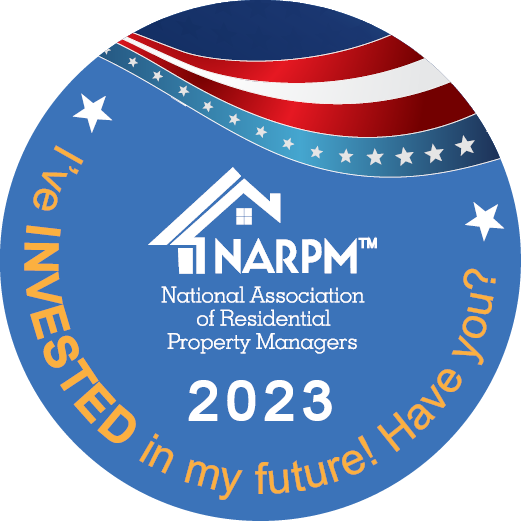There are more than 2.1 million households in the U.S. today receiving housing vouchers. As a property owner or landlord, choosing to accept Section 8 tenants can open up your property to a large number of potential renters. But the decision isn't one that should be taken likely; Section 8 rentals come with some drawbacks as well.
Let's take a look at some of the pros and cons of Section 8 rentals, and what you need to know to make the right decision for your property.
Pros of Section 8 Housing
When landlords are considering whether or not to allow Section 8 rentals in their properties, they often look to the benefits. While it is important to consider the cons, it is true that there are a number of pros that come with providing Section 8 houses for rent. A few big pros to note include:
- You are guaranteed to get the government's portion of your rent payments on time every month.
- It is often easier to fill vacancies quickly with tenants looking for properties that accept Section 8 vouchers.
- Because individuals in need of Section 8 housing may struggle to find properties that accept their vouchers, tenant turnover tends to be lower.
- It may be easier to raise rent prices, as tenants may be less likely to complain about increases when paying a smaller portion of their total rent.
For more information about Section 8 property investments in North Carolina, including what to expect, click here.
Cons of Section 8 Rentals
From fewer vacancies to the guarantee that a portion of the rent will be paid on time each month, there are a number of big benefits to creating Section 8 rentals. However, as a property owner, it's important to also consider any potential drawbacks. Some cons of Section 8 housing rentals include:
- Creating a new Section 8 rental unit takes time, and requires lots of government review and feedback, which can take time and money, and delay the date of when you are able to begin renting your unit.
- Even after your first tenants move in, it can take up to two months to receive your first government payment for that unit.
- Local inspectors will need to tour your property annually, and any repairs that they order will need to be carried out in order to continue providing a Section 8 rental.
- While it certainly isn't always the case, tenants who qualify for Section 8 vouchers are low-income, and therefore could struggle to pay even a reduced rent on time.
Another drawback of Section 8 housing that's often listed is higher rates of crime or lower tenant quality. This certainly isn't a hard-and-fast rule. However, you can protect yourself, your property, and your other tenants by always running a criminal background check on any potential renters.
Choosing to Allow for Section 8 Rentals
Choosing to allow for Section 8 rentals in your properties does come with some potential drawbacks. But it can also help you get your properties rented, avoid lengthy vacancies, and guarantee some income.
Regardless of whether you accept Section 8 vouchers, finding the right tenants for your units is always important. Check out our Resident Screening tool to learn more about how we can help!
If you're interested in learning more about Section 8 in North Carolina, follow this link. https://carolinaspropertymanagement.com/blog/section-8-in-north-carolina-what-you-need-to-know















